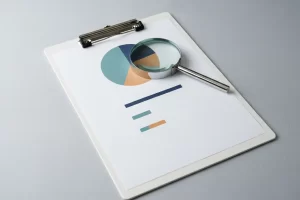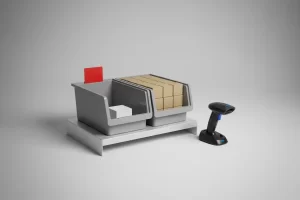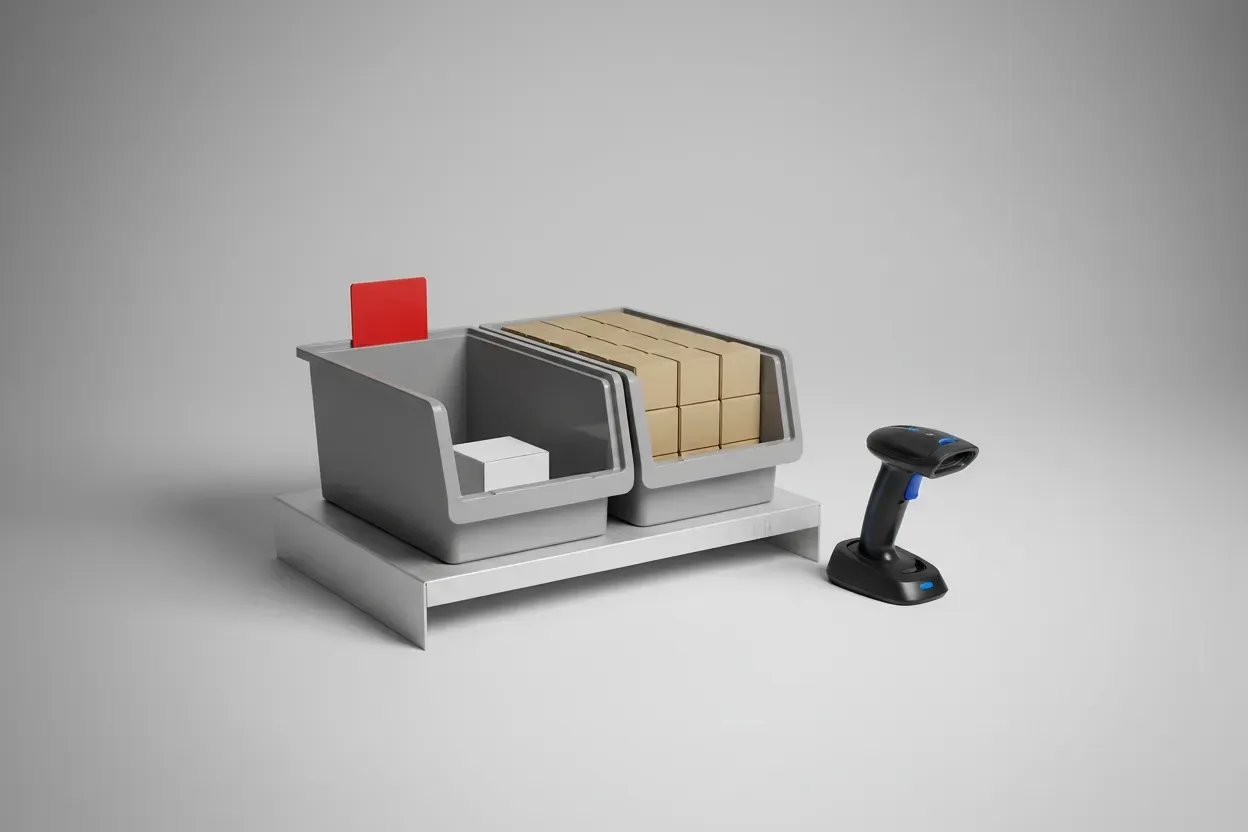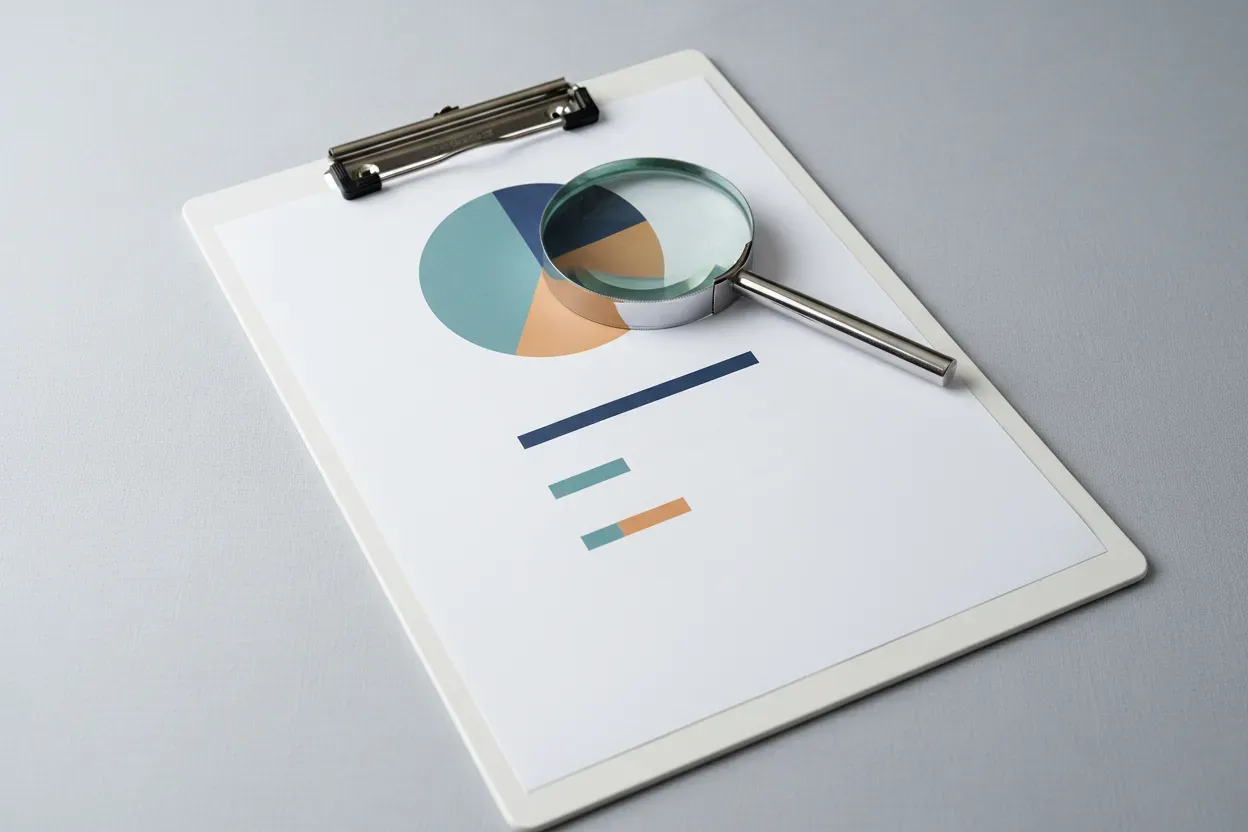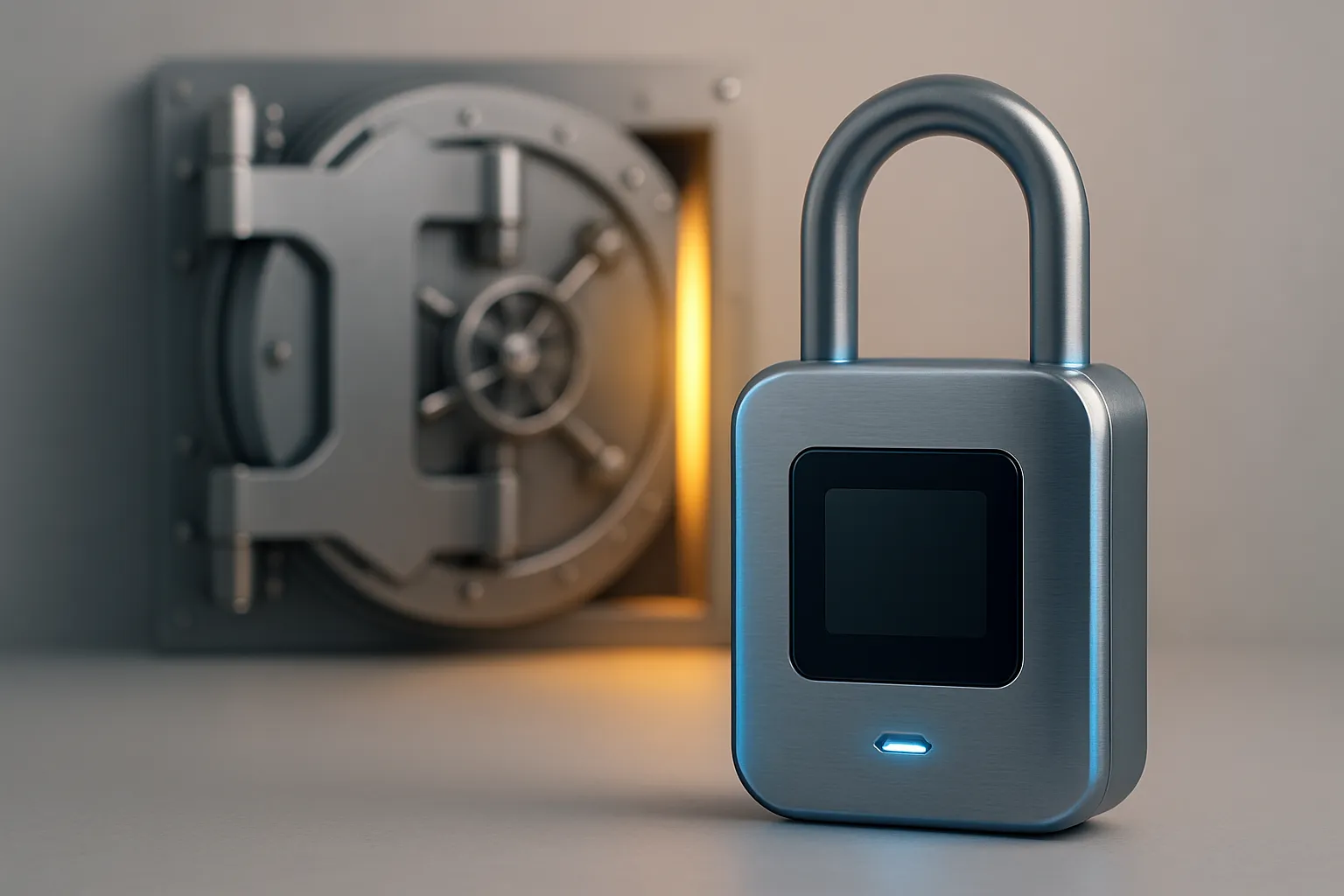How Others Protect Their Money and Safeguard Financial Information
Protecting your money and safeguarding financial information has become increasingly crucial in today’s interconnected world. This article presents expert-backed strategies to enhance your financial security and defend against potential threats. From utilizing dedicated devices for transactions to implementing robust password practices, these practical tips will help fortify your financial defenses.
- Use Dedicated Device for Financial Transactions
- Monitor Credit Reports Quarterly
- Verify Callers Before Sharing Financial Information
- Utilize Separate Low-Balance Card for Online Purchases
- Check IRS Transcripts for Early Fraud Detection
- Review Transactions Weekly via Mobile Apps
- Avoid Saving Financial Credentials in Browsers
- Employ Unique Passwords with Password Manager
- Create Separate Identity for Online Shopping
- Enable Two-Factor Authentication on Financial Accounts
- Store Sensitive Documents in Encrypted Drive
- Document and Review High-Value Personal Assets
- Thoroughly Vet Financial Service Providers
Use Dedicated Device for Financial Transactions
As someone who operates five different service companies in Houston, I learned the hard way that business bank accounts need dedicated devices. I use a separate, older laptop exclusively for all banking and financial transactions – no social media, no random downloads, nothing else.
This practice started after one of my property managers accidentally clicked on a phishing email on their work computer, which led to some concerning login attempts on our American Trash Services accounts. Even though our bank caught it, the stress of potentially compromising payroll for over 30 employees across my companies was enough to change my approach completely.
The dedicated device rule means malware from everyday browsing can’t access my banking sessions or capture keystrokes when I’m moving money between my companies. When I’m paying vendors for Apartment Services Group or processing payments for American Towing, I know that laptop has a clean environment.
It’s especially critical in my business since I’m constantly switching between accounts for different companies and handling large transactions. That old ThinkPad might be slow, but it’s never been compromised because it only accesses financial sites and nothing else.
 Moe Shariff
Moe Shariff
Business Owner, American S.E.A.L Patrol Division LLC
Monitor Credit Reports Quarterly
As a therapist who works with families and individuals dealing with trauma, I’ve seen how financial stress can devastate relationships and mental health. One step I take that many people overlook is regularly monitoring my credit reports through all three bureaus – not just for fraud, but because financial identity theft often shows up as anxiety and relationship strain before people realize what happened.
I had a client whose marriage nearly ended because of mysterious financial stress and constant fighting about money. It turns out, someone had opened multiple accounts in her husband’s name, and the family was drowning in debt they didn’t even know existed. By the time they found it, their credit was destroyed and their savings depleted from trying to cover phantom expenses.
Checking credit reports quarterly helps catch these issues early, before they spiral into the kind of financial trauma that lands families in my office. When people feel secure about their financial boundaries, they’re better able to set healthy emotional boundaries too – both are essential for authentic relationships and mental wellness.
 Erinn Everhart
Erinn Everhart
Owner, Every Heart Dreams Counseling
Verify Callers Before Sharing Financial Information
After 50+ years helping accident victims, I’ve seen countless cases where financial predators target people right after crashes. I never give any financial information over the phone to anyone claiming to be from insurance companies or medical billing departments – I always call them back using numbers I verify independently.
Just last year, we had a client who was hit by an Uber driver and within days received calls from someone claiming to represent the rideshare company’s insurance. They asked for her bank routing number to “expedite her settlement.” She almost gave it before calling us first. It turned out to be complete fraud – the real insurance company hadn’t even started their investigation yet.
These scammers know accident victims are vulnerable and often in pain or on medication. They get police report information and use it to sound legitimate. I’ve seen families lose thousands while already dealing with medical bills and lost wages from their injuries.
My rule is simple: legitimate insurance companies and medical providers will send written documentation first, then follow up. If someone calls demanding immediate financial information, it’s almost always a scam. This one habit has saved my clients from losing money they desperately needed for their recovery.
 Michael D. Rosenbloum
Michael D. Rosenbloum
Attorney, ZEVIN & ROSENBLOUM P.C.
Utilize Separate Low-Balance Card for Online Purchases
One step I take is using a completely separate debit card with a very low balance just for online purchases. A few years ago, my main account was compromised after a sketchy vendor’s site was hacked, and dealing with the bank to reverse the charges was a nightmare. Since then, I keep this “burner” account loaded with just enough to cover what I’m buying. If it ever gets drained, it won’t touch my real savings or operating accounts.
This approach has significantly reduced my stress. I am less concerned about which sites have my card information, since the risk is limited. While not a technical solution, this separation provides an effective safety buffer. My recommendation is to only use the funds necessary for each purchase, rather than exposing your entire account.
 Matt Mayo
Matt Mayo
Owner, Diamond IT
Check IRS Transcripts for Early Fraud Detection
One step I take personally is using IRS transcripts as a monitoring tool. Most people don’t realize they can log into the IRS website and pull their wage and income transcripts at any time. This isn’t just for tax preparation; it’s an early warning system. If a fraudulent W-2 or return shows up, I catch it before the IRS does, which means I can stop identity thieves from hijacking my refund or creating false liabilities in my name.
I learned this after helping a client who discovered three fake employers reporting wages under her Social Security number, a nightmare that could have cost her thousands in taxes she didn’t owe.
The lesson: protecting financial data isn’t just about locking your credit file, it’s about actively checking the one place fraudsters exploit most, your tax records. By staying ahead of the IRS with my own monitoring, I control the narrative instead of waiting for a letter that tells me my identity has already been compromised.
 Reem Khatib
Reem Khatib
Partner, Tax Law Advocates
Review Transactions Weekly via Mobile Apps
I regularly monitor my bank and credit card statements through mobile apps, checking transactions weekly rather than waiting for monthly statements. This proactive approach helps me quickly identify unauthorized charges or suspicious activity before they escalate into major financial damage. Early detection is crucial since most financial institutions have time limits for reporting fraudulent transactions.
I stay vigilant with real-time monitoring, so that I can immediately freeze accounts or dispute charges if something looks suspicious. This step also helps me track spending patterns and catch subscription services I may have forgotten about. Regular monitoring creates a security habit that makes me more aware of my financial footprint and potential vulnerabilities, ultimately reducing my risk of becoming a victim of financial fraud or identity theft.
 Qianqian He
Qianqian He
Founder, BOXKING GAMING
Avoid Saving Financial Credentials in Browsers
As someone who processes payments through PayPal for my therapy practice, I never save payment methods or login credentials in my browser. Every time I log into any financial platform, I manually type everything fresh and immediately log out when finished.
This practice became critical after I started offering telehealth services across New York State and handling more digital transactions. One day, I noticed my browser had auto-filled partial banking information while I was on a completely different website – that was my wake-up call about how easily stored financial data can leak.
The manual entry approach means that if someone gains access to my computer or if malware tries to scrape stored passwords, there’s nothing financial sitting in my browser’s memory. It takes an extra 30 seconds each time, but it’s worth knowing that my business banking and client payment processing stay isolated from any other online activity.
I learned this lesson from working with trauma clients who’ve experienced identity theft – the emotional impact goes way beyond just the money lost, and prevention is always easier than recovery.
 Linda Kocieniewski
Linda Kocieniewski
Psychotherapist, Linda Kocieniewski Therapy
Employ Unique Passwords with Password Manager
I treat my financial information as if it were classified. Every account has its own intricate password (with no words or logical attributes), all stored safely in a password manager. While I was originally nervous that this manager would get hacked, it has been a godsend and reduced my anxiety exponentially. This way, if one account gets compromised, the others are still secure. The result? A sense of calm, zero anxiety, and hackers just hitting a brick wall.
 Jeremy Golan SHRM-CP, CPHR, Bachelor of Management
Jeremy Golan SHRM-CP, CPHR, Bachelor of Management
HR Manager, Virtual HR Hub
Create Separate Identity for Online Shopping
I create a dedicated shopping identity with a unique email address and virtual phone number specifically for online transactions. This approach helps isolate my financial information, ensuring that if one retailer experiences a data breach, the compromised information cannot be used to access my primary accounts or be linked to my broader personal and professional life. This compartmentalization strategy has proven effective in my experience with online reputation management and provides an additional layer of security beyond standard measures like strong passwords.
Enable Two-Factor Authentication on Financial Accounts
One essential step I take to protect my personal financial information is enabling two-factor authentication (2FA) on all accounts that involve sensitive data. By requiring a second verification step, such as a code sent to my phone or generated by an authentication app, 2FA adds an extra layer of security beyond just a password. This significantly reduces the risk of unauthorized access, even if a password is compromised.
Additionally, I utilize encryption tools to ensure that any financial data I store or share online is secure. Whether it’s email communication, cloud storage, or payment portals, encryption protects the information from being intercepted or accessed by unauthorized parties. These measures together provide a robust defense against data breaches and cyberattacks, ensuring my sensitive financial information remains safe.
 Valentin Radu
Valentin Radu
CEO & Founder, Blogger, Speaker, Podcaster, Omniconvert
Store Sensitive Documents in Encrypted Drive
In our digital age, protecting your personal financial information is a real challenge. Having a strong password is not enough. You must be proactive. One personal habit that has made me a more effective leader is creating a separate, digital “vault” for all of my sensitive documents.
My vault is a simple, encrypted drive that is completely disconnected from my personal email and my business’s network. It’s where I store all my sensitive documents—tax returns, banking information, and other personal data. This simple step eliminates a huge amount of risk. A hacker might be able to access my email, but they can’t access my vault.
The reason this works is that it’s a proactive measure that gives me a great deal of peace of mind. The discipline of this practice has also had a direct impact on my professional life. From a marketing standpoint, it’s a great lesson in security. We have a similar “vault” for our customers’ data and our proprietary information. From an operations standpoint, it’s a great lesson in process. I have a process for how I manage my personal data, and it’s a direct reflection of the security and discipline that I apply to my business.
The result is that my personal financial information is secure. The biggest win is that it has made me a more disciplined and security-conscious leader. My advice is that you must stop thinking of a password as a solution. You must think of security as a process. The best way to protect your data is to be proactive and deliberate about how you manage it.
 Illustrious Espiritu
Illustrious Espiritu
Marketing Director, Autostar Heavy Duty
Document and Review High-Value Personal Assets
As someone whose family agency has helped clients protect their financial assets for generations, I’ve learned that one crucial step is carefully documenting and regularly reviewing all high-value personal assets. This isn’t just about insurance; it’s about having a clear, current record of your financial worth.
This process helps safeguard your financial data by ensuring you have a precise inventory of your valuable possessions, including appraisals and receipts. In case of unforeseen events like theft or damage, this detailed data prevents significant financial loss by facilitating accurate insurance claims and proper reimbursement.
For example, we routinely guide clients through assessing their valuable jewelry, artwork, and heirlooms, much like our blog post on insuring expensive jewelry outlines. Knowing the true value of these items allows us to help clients determine if their homeowners policy limits are sufficient, or if a Personal Articles Floater is needed.
This proactive approach transforms abstract assets into concrete financial data, making it easier to manage your overall financial picture and mitigate potential risks. It empowers you to make informed decisions about your coverage and protects your long-term financial security.
 Jeffrey Joseph
Jeffrey Joseph
Vice President, Mitchell-Joseph Insurance Agency
Thoroughly Vet Financial Service Providers
My journey, from overcoming a tumultuous past to building Terp Bros as a licensed dispensary, demanded rigorous compliance and trust-building at every turn. For personal financial data, I apply this same vigilance by carefully vetting every financial service provider and digital platform I use.
This isn’t just about reading privacy policies; it’s about understanding their security protocols, their track record, and how they handle data breaches. Ensuring that these partners meet my high standards, especially as someone who relied on securing a CAURD license, directly protects my personal information from vulnerabilities.
For instance, when we chose payment processors for Terp Bros, I dug into their entire security infrastructure, not just their public statements. This deep dive ensures that the platforms I personally link to or use align with the same robust standards we demand for our community-driven business, safeguarding both my finances and reputation.
 Jeremy Rivera
Jeremy Rivera
CEO, Terp Bros







